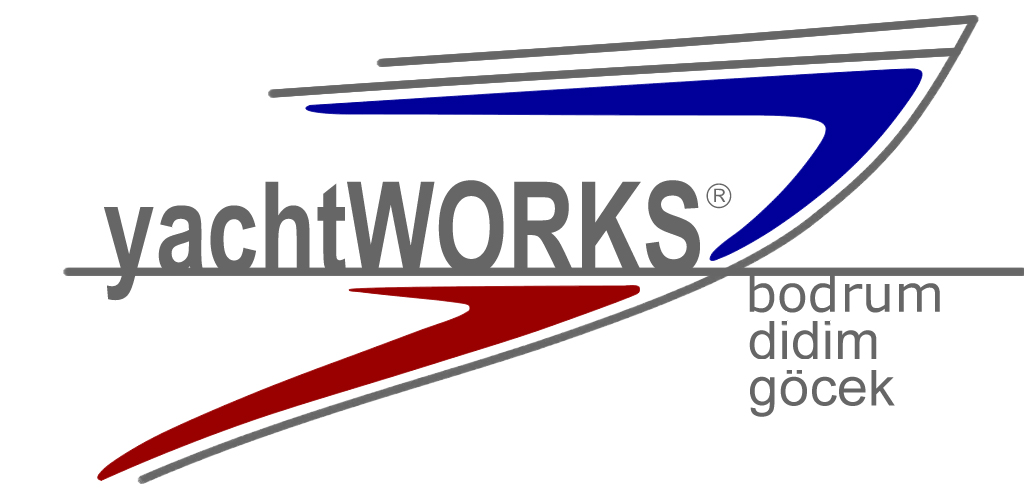Leider ist der Eintrag nur auf English verfügbar.
- Main
- Über Uns
- Produktionen
- Technischer Dienst
- Paint
- Verbund
- Elektrik / Elektronik
- Rig ARBEITET
- Stehende Anlagen erneuern
- Tritt- / Trittmast
- Rig reparieren
- Masthead-Bericht
- Mastfußbericht
- Mast Coller Vorbereitung
- Überprüfung und Bericht der Kettenplatte
- Spartite Anwendung
- Mast Elektrische Werke
- Aufrollen Installation
- Hydrauliksystem-Dienstleistungen
- Produktion von einfachen Rückverfolgungssystemen
- Spleißen funktioniert
- Neue Segel versorgung
- Wartung zur Überwinterung des Segels
- Cruising Shut-Systeme
- Kundenspezifische Produktionen
- Schrumpfen
- Service Area
- Metal Works
- Mechanic Engineering
- Zimmermann
- Dienstleistungen
- Projekte
- Ongoing Projects
- Past Projects
- 2024
- 2023
- 2022
- 2021
- 2020
- Hanse 575
- Beneteau 361
- Sun Odyssey 42i
- Bavaria 30
- Sun Odyseey 47
- Beneteau 57
- Halberg Rassy 352
- Najad 460
- Sunseeker Predator 74
- Sunreef Supreme 68
- Halberg Rassy 37
- Beneteau Oceanis 393
- Halberg Rassy 382
- Sun Odyssey 45
- Ferretti Navetta 33 Customline
- Hanse 470e
- Aluminium 60 Fuß Custom Sail
- Maxi 88
- Benetti 115
- X yacht 562
- Bavaria 46
- Dufour 500
- Koala 50
- Cardinal 46
- Sunseeker 84
- Ferretti 225
- Riva rivarama Super
- Sunreef 74
- Solaris 76
- Owni 445
- Bavaria 45
- Oceanis 42CC
- 2019
- Hallberg Rassy 37
- Lagoon 440
- Grand Banks Classic Sedan
- Hallberg Rassy 382
- Sunseeker Manhattan 60
- Rivama Super
- Couach Yachts 35
- Wooden Gulet
- Ferretti Custom Line 33
- Moody 66
- Najad 460
- Ferretti 225
- Beneteau 57
- Luffe 45
- Solare 46
- Bavaria 45
- Riva Yacht
- Custom Wooden Sailing yacht
- Custom GRP Service Boat
- Maxi 88
- X yacht 562
- Lagoon 560
- Custom S/Y
- Nimbus 370 Coupe
- Sunseeker Manhattan 70
- Bavaria 45
- 2018
- Apremare Maestro 56
- Nimbus 370
- Magnum 50
- Madera Ribs 16 Mt.
- Hudson Force 50
- 13 Mt. Custom Sailing Yacht
- Beneteau 57
- Solare 46
- Beneteau 38
- Wooden S/y
- X Yacht 562
- Koala 50
- Ferretti Custom Line 33
- Eurotrawler 17.5
- Nimbus 370 coupe
- Beneteau 57
- Sunreef 60 Catamaran
- 30 M Custom Sailing Yacht
- Sunseeker Manhattan 60
- Grand Banks 32 Sedan
- 40 M Custom Sailing Yacht
- Passoa 50
- Ferretti Custom Line 33
- Ferretti Custom Line Navetta 33
- Magnum 50
- Nordia 50
- Leopard 27
- Princess 23 M
- X Yacht 562
- Koala 50
- 13M Sailing yacht
- Hutson 50
- Fairline 57
- Finngulf 44
- Gelcoat Restore
- Composite Repair
- Wintering
- Hoek Design Refit
- Farr 50 Refit
- Yacht Refitting
- Keel Works
- GRP & Composite WORKS
- Electric
- Mechanical & Engineering
- Carpentry & Joinery
- Paint WORKS
- Rig WORKS & Boat Rigging
- Propulsion System
- Custom Production
- Wie man
- 12′ Dinghy
- Sea Culture
- (Türkçe) Nasıl bir tekne alayım?
- Names of the Wind – Compass Directions in 7 Languages
- Turkish names of Aegean Islands
- Mustafa Pasa
- Iassos
- The “Grand Wind” in the Gökova Körfezi
- “Yayla Tepmesi” or the Katabatic Winds of Mt. Kiran
- Piri Reis in “Bahriye (Seamanship)” “The Ceramic Gulf Explained”
- Ottoman Sailing Ships (A remarkable book)
- Piri Reis in “Bahriye (Seamanship)” “The Ceramic Gulf Explained”
- Turkish Water
- Uluburun II
- The Gulet
- Skylax: A “Rooster” from Gölköy
- (Türkçe) Sıcak daldırma galvaniz nedir?
- (Türkçe) Taksan TTU 500 Torna İlerleme Mekanizması
- (Türkçe) Cıvatalar için önerilen çevirme momentleri
- Rudder Repair
- Radar Mast Polyester Repairs
- (Türkçe) Dümen Skegi Üzerinde Kapsamlı Onarım
- (Türkçe) Zehirli boya tatbiki ile ilgili bilgiler
- (Türkçe) Kum Raspası
- (Türkçe) Nasıl bir tekne alayım?
- Case Studies
- Procedures
- FAQ Procedures
- How To Obtain a Residence Permit
- Ports of Entry of Turkey
- “INSTRUCTIONS TO FOREIGN FLAG PRIVATE YACHTS” as printed on the cover page of the Turkish Transit log.
- Some details to be considered when sending goods to yachtWORKS from abroad
- Annotations to the Customs General Declaration
- Exclusion Clause
- Turkish Coast, Zones with SCUBA Prohibition
- Turkish Transit log
- Article
- Galerien
- Contacts
- Language Menu:

Annotations to the Customs General Declaration
HomeAnnotations to the Customs General Declaration

 English
English Turkish
Turkish Русский
Русский